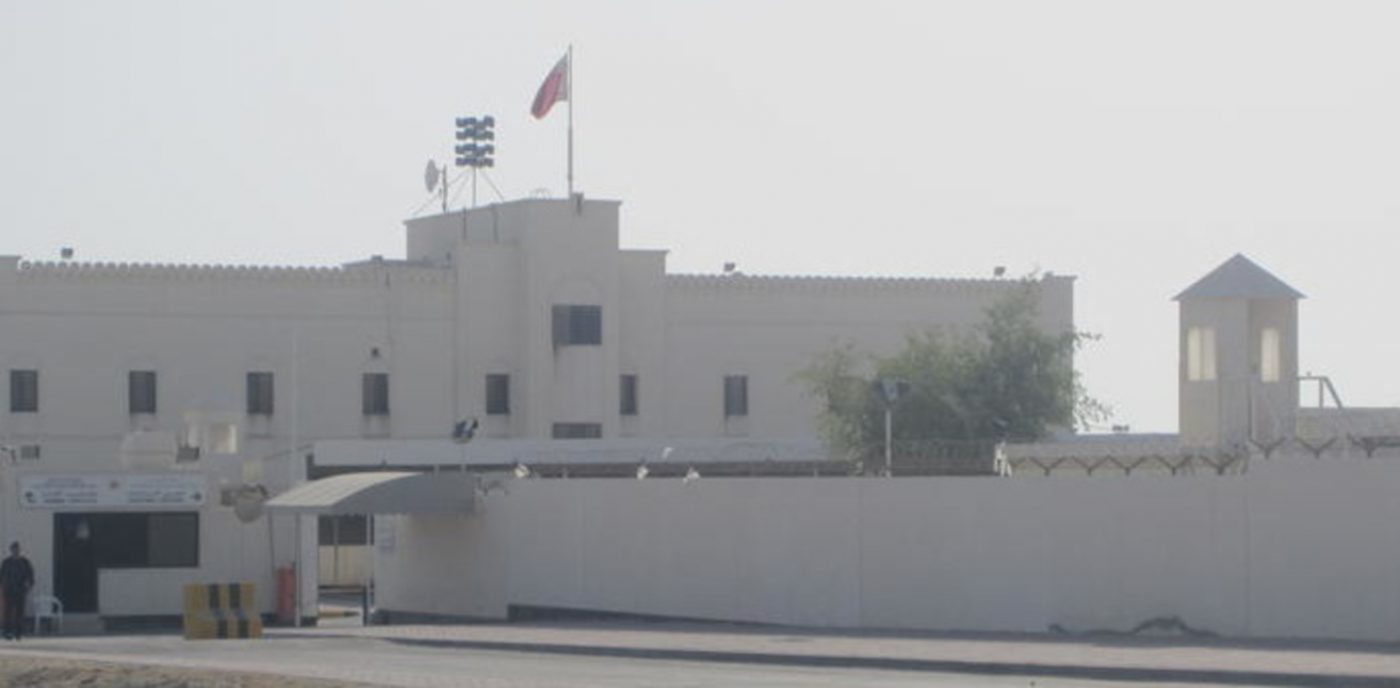13 people were sentenced to prison by a Bahraini court on December 6, 2023, following an unfair mass trial characterized by due process violations and allegations of torture. These convictions serve as a symbol of a pattern of continuous violations of the rights to free speech, assembly, and due process by Bahraini authorities. In particular, on August 7, 2023, more than 400 prisoners in Jau prison, the biggest prison in the country, began a hunger strike in protest of the appalling conditions under which they are being held and the restriction of access to sufficient medical care. Reports indicated that over 800 individuals participated in this hunger strike.
A significant percentage of prisoners participating in the hunger strike are being unfairly detained subsequent to trials rife with rights infringements. Authorities persist in subjecting inmates to inhumane treatment and withholding access to essential healthcare. In several instances, prisoners at Jau endure confinement in their cells for 23 hours a day. Inmates have expressed concerns about lengthy solitary confinement, asking for more time outside on prison grounds, collective prayer at the prison mosque, unrestricted family visits, and needed access to healthcare. Notably, political prisoners such as al-Khawaja and al-Singace complain that prison authorities have refused them access to specialists and essential medications by prison authorities.
“When faced with allegations of torture, the court failed to conduct a thorough investigation and instead relied on testimony from security personnel, some of whom stand accused of perpetrating these abuses,” BIRD advocacy director Sayed Ahmed al-Wadaei said. This incident involves 65 political detainees who initiated a sit-in protest at Jau prison in April 2021 following the death of political prisoner Abbas Malallah due to medical negligence. Fifty-two defendants were acquitted. Regrettably, the Court chose to condemn political inmates for their protests rather than investigate reports of inmate mistreatment by prison staff.
Ten days into the sit-in, specialized forces and prison personnel at Jau Prison used excessive force against inmates, torturing many of them. Detainees’ reports of physical and psychological torture, abuse, mistreatment, and medical neglect have been consistent. These accounts reflect the treatment of approximately 60 convicts who were exposed to severe mistreatment for a long period of time.
These statements were substantiated by official records during interviews conducted by the public prosecution office. However, despite extensive reported violations, the court declared in its final conclusion that “as the court had formed its judgment based on case files and corroborative evidence, it deemed hearing witness statements unnecessary.” These cases were characterized by widespread violations of due process and relied mainly or primarily on confessions obtained through torture or ill-treatment.
The events emerging in Bahrain, as revealed by defective legal systems and widespread human rights violations, highlight a distressing history of unfairness and systemic abuses. The sentences handed down during mass trials, characterized by due process abuses and allegations of torture, represent a disturbing violation of fundamental rights. The narratives of those incarcerated at Jau prison, their accounts of torture, mistreatment, and denial of essential healthcare, paint a distressing picture of institutional neglect and brutality.
This situation not only demands immediate attention and accountability but also necessitates a broader international scrutiny of Bahrain’s human rights practices. Urgent action is imperative to address the systemic violations of basic human rights endured by detainees in Bahraini prisons.

